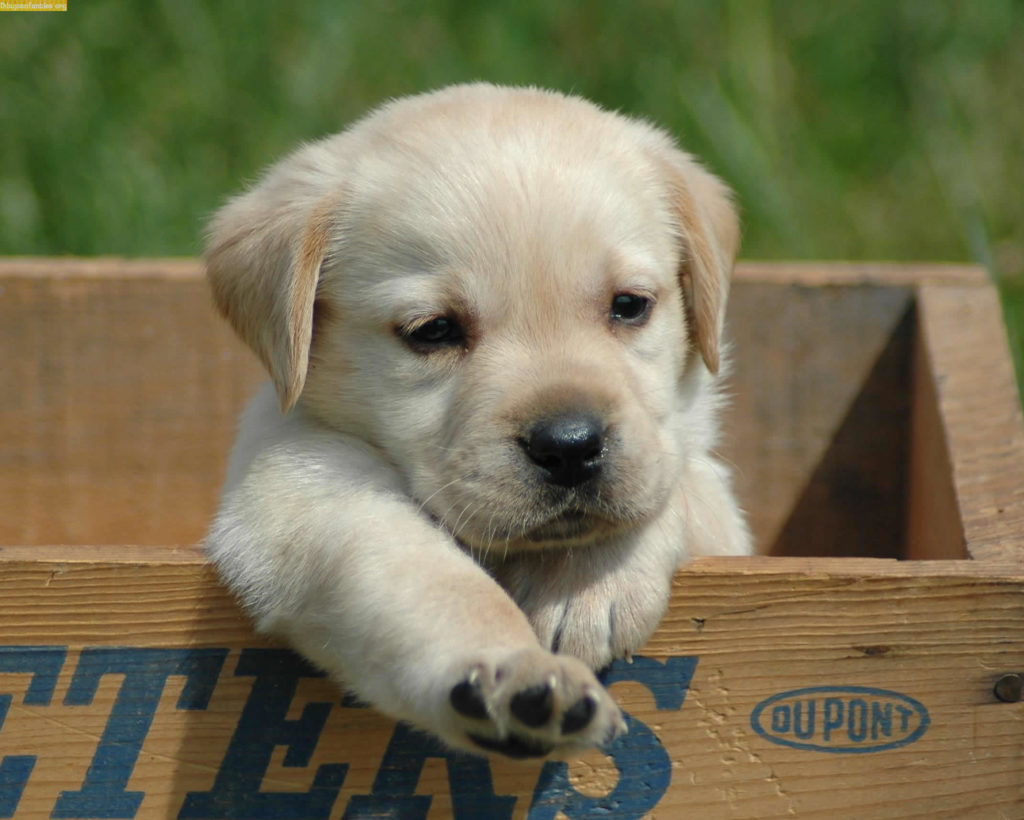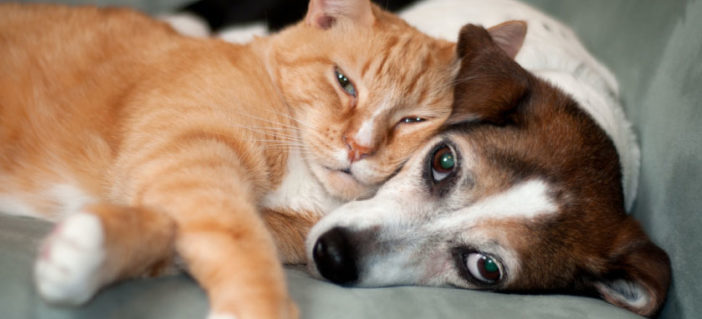The start of fall is the exciting time of year for new beginnings. Many families, after settling in or getting back into the swing of things for the new school year, begin to seriously consider adopting a pet. International Center for Veterinary Services (ICVS) is happy to provide information about how best to bring a new furry pet member into your family.
Adopting a pet in Beijing is very easy and we highly recommend doing so. If you are considering adopting a pet in Beijing, please check the ICVS “Adoptable Pets” page on the web site that features beautiful animals from many volunteer shelters, animal rescue groups, foster care providers, and pet owners needing to rehome animals. There are many wonderful pets available and the animals from these organizations, rescue volunteers, and owners are usually quite healthy with good temperaments.
Be On the Look Out…
Breeding is a very new industry in China and is largely unregulated. In the local market, pets for sale are bred for profit meaning the animals are mated to produce many litters quickly. This results in poor health of the puppies and kittens as their mothers were bred too frequently and cannot produce sufficient or nutritious mother’s milk for the babies. The puppies and kittens are usually weaned too early from their mothers and sold well before six-weeks of age. The faster the animals are sold, the higher the turnover and more profit for the sellers. In addition, most animal-sellers (including those calling themselves “breeders”) may have brought only a few breed-specific animals into the market when entering into the animal sales business. Therefore, the “pure-bred” animals especially, are likely to be inbred which may result in life-long health or behavioral issues that may not become apparent until the animal is older. Each purchase of an animal supports the pets-for-profit industry (e.g., puppy and kitten mills) and displaces the chances for an existing animal to find an adoption home.

ICVS has many years of first-hand experience working with families that have purchased “pure-bred” puppies from ostensible “breeders.” About 70-80 percent of these purchased puppies were diagnosed with canine distemper virus, canine parvovirus, canine coronavirus, bordetella (kennel cough) respiratory infection or a combination of these diseases. These highly infectious diseases may be fatal in the cases of very young puppies who are not vaccinated or were improperly vaccinated and often immune-compromised. The puppies that survive these illnesses must fight for survival with extensive and often costly supportive care, medical treatments, and hospitalization. Kittens and cats have not fared better with purchased animals more frequently diagnosed with feline panleukopenia, calicivirus, or viral rhinotracheitis, serious and often fatal infectious diseases. Skin diseases and fungal infections, such as ring worm, are common in pets purchased from the animal sales markets.
Some pet owners have had positive experiences with their purchased pets and the animals have turned out to be healthy. However, these cases are the minority. Purchasing pets in the current market involves a great deal of risk for the pet owner, as it is truly a “buyer beware” market.
Please be very cautious of the animal sellers, pet markets, pet shops, online pet stores, and so-called breeders. The state of the breeding industry in China today is extremely premature and differs greatly from that of more mature markets where professional breeders are registered, supervised, subject to legal regulations, and held accountable for the animals they breed and sell. In the local market, anyone with a male and female animal may mate them to produce litters and then claim that he or she is a “breeder” through web sites, online shops, classified advertisements, pet shops, and animal markets. Buyers have little recourse in the event the animal develops congenital or other health issues after purchase, with sellers usually just offering a “replacement” pet for sick animals that are returned.
If an animal falls ill and fails to sell or the cost of caring for the pet erodes the seller’s profit margin, these pets are often abandoned or sent to slaughterhouses and sold for “salvage value” as sellers try to cut their losses. As much as 70percent of the pets bred for the animal sales industry may end up dying from illnesses, abandoned, or sold into the brutal dog and cat meat trades.

Adopting a Pet in Beijing? Things to Consider Checklist
Long-Term Commitment
• Cats can live 20+ years; dogs can live 15-18+ years; rabbits can live 8-10 years
• Lifestyle
• Living Space (indoor and outdoor)
• Cats and small dogs? Better suited for apartment living
• Medium and Larger dogs? Regulations, size restrictions, space to run
Purebreds
• Research first and consult your veterinarian
• Temperament, size, exercise needs, also potential breed specific health concerns
• Mix-breeds may be healthier, less inbreeding, fewer breed specific and congenital issues
Puppies/Kittens vs. Adults
• Time commitment for housebreaking, training, exercise, vaccination series, deworming, neutering/spaying, etc.
• Many adults waiting for adoption, usually housebroken and already neutered/spayed, more settled
Pet Markets
• Common breeds: Pekinese, Pomeranians, Chihuahuas, Bichon Frise, Cocker Spaniels, Beagles, Poodles, Mini Schnauzers, Golden Retrievers, Labrador Retrievers, Samoyeds, Huskies, Border Collies, Chow Chows
Buyer Beware
• Infectious diseases common, especially kennel cough, parvovirus, distemper virus
• Often prematurely weaned, weakened immune systems
• Inadequate vaccination, improper schedule or ineffectivevaccines
• Parasites (fleas, mange, gastrointestinal worms, giardia, etc.)
• Warning signs: overtly thin and/or potbellied, discharge from eyes or nose, sneezing, coughing, thin and/or dull hair coat, hair loss
• Apparently healthy puppies/kittens should still be quarantined for 3-weeks away from other pets in home prior to introductions
• Post adoption: veterinary exam, testing for infectious diseases, start vaccination series, stool check
• New kittens/cats should also be FeLV/FIV tested
• Neuter/Spay after vaccination series completed (4-6 months of age)
Taking your Pet Overseas:
• Adopting a pet is a commitment for life. It is not difficult to take pets out of China and to most overseas countries.
• Proper research and preparation is required to ensure a smooth relocation with pets
• Please contact the International Center for Veterinary Services for more information about pet import and export regulations
ICVS strongly encourages adoption. If you are looking for a puppy, kitten, dog, cat, rabbit, guinea pig, hamster, or turtle, there are usually many available for adoption. Please check the ICVS “Adoptable Pets” section of the web site or send ICVS an email directly. ICVS will help match your family with an adoptable pet and introduce you to the many reputable animal rescue organizations, rescue volunteers, foster families and owners that have beautiful pets available for adoption.
About Author
Mary Peng is the Chief Executive Officer and Founder of the International Center for Veterinary Services.
International Center for Veterinary Services
Tel: 8456 1939/1940
Fax: 8456 1940
e-mail: ICVS_CHINA@yahoo.com
WeChat: ICVSCHINA
Website: www.ICVSASIA.com
Photos: theeap.com, fanpop.com, & fanpop.com




